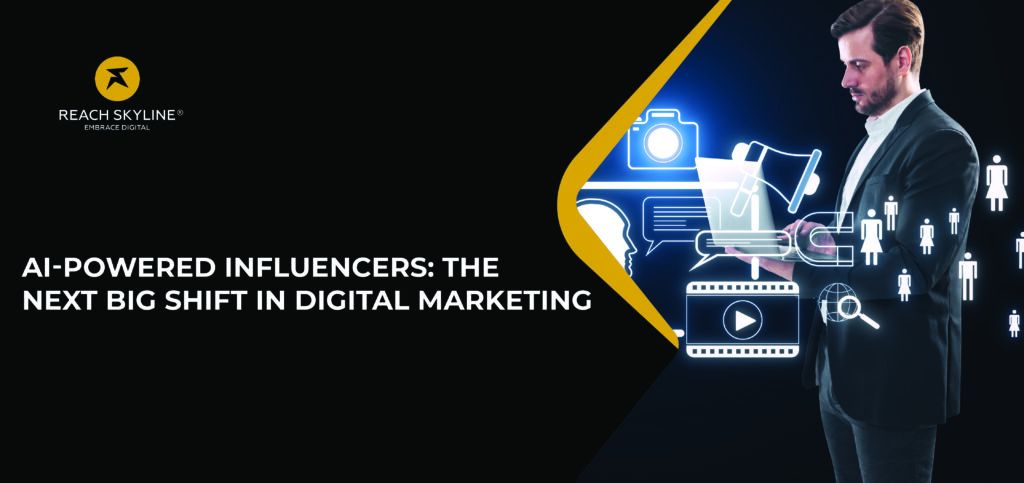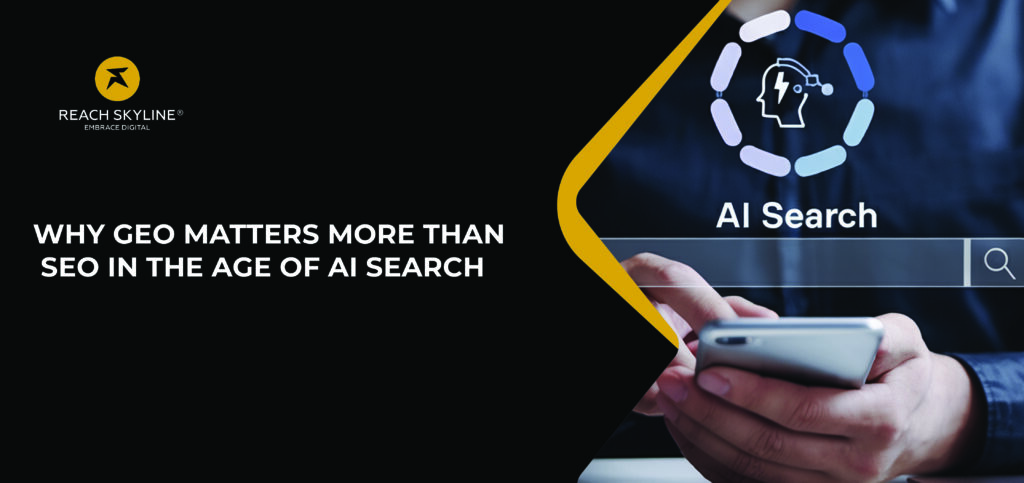The Rise of Real: What Facebook’s Account Purge Says About Our Digital Future In an era where clicks are king and AI can mimic anyone, Meta just made a move that turned heads: it deleted over 10 million accounts. Not because of hacking. Not due to bugs. But in pursuit of one thing, authenticity. As the digital world purges the fake, the message is loud and clear: originality isn’t just refreshing, it’s survival. In July 2025, Facebook took a radical step that shook the digital landscape, deleting more than 10 million accounts in a single sweep. These weren’t just dormant or suspicious accounts. Meta targeted fake profiles, AI-generated spam, impersonators, and content farms to uphold what it calls “platform integrity.” According to Meta, this massive clean-up is part of a long-term strategy to preserve the quality and trustworthiness of digital spaces. For digital creators and brands, this signals a shift: the era of gaming the algorithm is over. What do the new Meta rules for digital creators on Facebook really mean? Meta’s updated guidelines mark a clear shift toward valuing originality over imitation. The new rules are designed to reward creators who bring fresh perspectives and penalise those relying on recycled or duplicated content. Mimicking viral pages, reposting old trends, or using bots to simulate likes and comments can now hurt your reach. Meta’s AI has grown sharper, capable of detecting inauthentic behaviour with greater precision. For creators and brands alike, this is a call to refocus on meaningful storytelling, real audience connection, and honest engagement. Success is no longer about gaming the system; it’s about showing up with value, voice, and intent. How does Meta platforms’ future reflect wider cultural trends? The move by Meta isn’t happening in a vacuum. Across industries, we’re witnessing a cultural shift away from mass-produced content and experiences. In fashion, sustainability and slow design are thriving. In architecture and home design, customisation is taking precedence over cookie-cutter layouts. And in the digital world, people are tired of content that feels cloned. We view this as validation of what we’ve always believed: authenticity matters. Whether you’re designing a home or building a brand, originality is not just an advantage. It’s a necessity. How is AI-powered social media shaping content and connection? AI is undeniably reshaping how we create and consume content. From auto-generated posts to curated feeds, artificial intelligence is everywhere. But with it comes a wave of sameness, templated captions, emotionless visuals, and a loss of originality. Meta’s crackdown isn’t about rejecting AI; it’s about rejecting the loss of authenticity. The solution isn’t to abandon AI but to use it thoughtfully. When tech is guided by human intent, whether to personalise spaces or streamline systems, it elevates experience. The best innovations amplify individuality, not erase it. Meta Rules for Digital Creators on Facebook In 2025, Meta introduced a stricter set of rules for digital creators on Facebook, and the message is unmistakable: originality is no longer optional; it’s essential. These new guidelines are designed to reward content that is fresh, authentic, and meaningful. Recycled posts, imitation pages, and bot-driven engagement tactics are now flagged by advanced AI systems. This shift isn’t just about curbing spam; it’s about raising the bar for what gets seen and shared. Creators who copy-paste or rely on shortcuts may find their reach shrinking. Instead, Facebook now prioritises genuine engagement, storytelling with intent, and content that adds value to users’ lives. For brands and creators alike, this is a call to move away from “gaming the algorithm” and towards building real communities. The future of content on Facebook belongs to those who show up with substance, creativity, and consistency. Build with Purpose, Not for Applause Just as a hastily built home can crumble, a brand lacking authenticity is bound to fade. The principles that shape meaningful architecture structure, purpose and uniqueness are just as relevant online. Meta’s enforcement of new digital creator guidelines isn’t just policy; it’s a reminder: your digital presence needs intention. Create content that reflects your values, not just trends. Prioritise clarity over clutter and connection over clicks. Whether you’re designing spaces or stories, the blueprint should always be your truth not someone else’s template. What lessons should brands take from the Facebook purge? What does this mean for the future of design and lifestyle? The desire for authenticity isn’t just shaping content; it’s transforming how people want to live. Homes are no longer built for resale brochures; they’re crafted to mirror personalities, passions, and purpose. The shift is clear: people crave spaces that feel honest, not hollow. Designs that reflect who you are, not just what’s trending. This evolution in taste is a response to the overload of content, options, and surface-level aesthetics. What stands out now is sincerity. Real stories. Real spaces. Real impact. Ready to create a home that feels like you? Reach out to Reach Skyline. What’s the ultimate takeaway from this digital shake-up? The digital landscape is undergoing a cleanse not just of fake accounts but of shallow engagement and surface-level content. It’s a call for creators, brands, and businesses to reevaluate how they show up online. Authenticity isn’t just trending; it’s transforming. As we look to the future of both AI-powered social media and lifestyle design, one truth remains: people remember what feels real. Want your brand to stand out with content that actually connects? Let Reach Skyline help you create something real. Creating Beyond the Copy: Why Originality Is the New Standard Whether you’re designing a home, shaping a brand or creating content, this is the time to stop mimicking and start making it your own. The digital world is drawing a bold line between the authentic and the artificial. In every space online or offline originality is what resonates. Don’t settle for templates. Build something that speaks only of you. Make your choices personal, intentional and real. The future belongs to those who create, not copy. Want content that’s original, honest and made just for your brand? Reach











